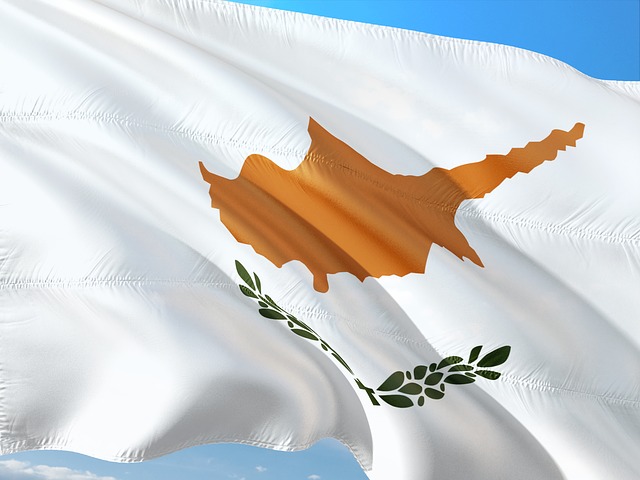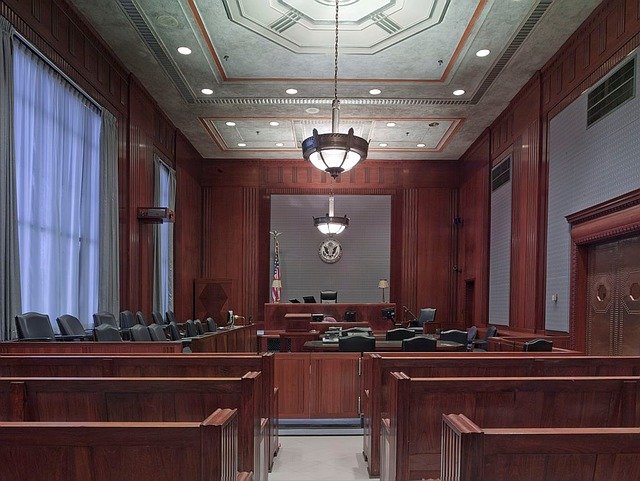Cyprus’ frozen conflict between the Republic of Cyprus and the Turkish Republic of Northern Cyprus created the perfect yet horrific conditions for human trafficking and many other crimes. The Mediterranean island was placed not far away from TIP (Trafficking in Persons Report) level 2. However, the northern part of the country is estimated to be at TIP 3, along with countries like Afghanistan and North Korea.
DIVISION IN CYPRUS
Cyprus is the third largest island in the Mediterranean and geographically belongs to Asia, but politically is often counted as part of Europe. In 1960 Cyprus became independent from Great Britain, but since 1974 it has been politically divided. After Greek putschists wanted to pursue the annexation of Cyprus to Greece, the north was occupied by the Turkish Republic of Cyprus, which still governs the northern half of the island. Turkey itself is the only country that recognizes the Turkish Republic of Northern Cyprus. The buffer zone ‘Green Line‘ divides the island and the capital Nicosia in two and thus separates the north from the southern Republic of Cyprus. Currently, this buffer zone is patrolled by a United Nations peacekeeping force (UNFICYP). Great Britain also continues to have British exclaves on the island, namely Akrotiri and Dekelia, which are considered overseas territories.

Since 2004, the Republic of Cyprus has been part of the EU, which de jure also makes the northern part of the island a union territory. The Annan Plan of the UN, which wanted to reunite the two halves of the country, was met with rejection from the Greek islanders.
CONFLICT AND HUMAN TRAFFICKING
The ongoing conflict in Cyprus not only draws attention, but also resources. This implies that human trafficking is given free reign. In addition, there is no cooperation between the authorities of the two halves of the island, which makes prosecution more difficult. This situation means that trafficking crimes are literally “not dealt with”.

The TIP criticizes that despite the criminalization of sex and labor trafficking in 2019, the authorities in Cyprus are unable to convict traffickers of their crimes. Cases of child trafficking and forced marriage are also known to take place. Additionally, the situation worsens every year, especially since the pandemic. Since 2020, most court cases have been suspended due to the focus on containing the pandemic. GRETA and the OSCE reported that cases are mostly based on the testimonies of victims and witnesses. Since the government did not continue to obtain evidence and, in addition, victims tend to return to their often foreign homelands during longstanding court cases, testimonies were often no longer considered. This resulted in lenient sentences and acquittals in most cases.
ABUSE OF STUDENT VISAS
The north in particular suffers from the crimes of criminals. There, human traffickers deliberately use and abuse the grey areas of the student visa. Fezile Osum from the Northern Human Rights Platform explains that many victims from African countries are lured in with student visas. Shortly after their arrival, they are locked in private apartments and forced into prostitution. Additionally, human trafficking cases occur in nightclubs where women were given supposed “barmaids” or “host” visas. Victims report violence and drug use, enabling traffickers to gain control over them.

The north of Cyprus first criminalized human trafficking in 2020. However, there have been no convictions since then. In addition, the non-internationally recognized status of the northern half makes cooperation with aid organizations difficult.
A 2020 EU Commission report reveals that victims are coming from “everywhere”. From EU countries such as Romania and Bulgaria, to Ukraine, Moldova, Nepal, India and African countries; Cameroon, Ethiopia, etc.
GLOOMY OUTLOOK

Prostitution and human trafficking are widespread in Cyprus. The island is therefore often criticized for its role in the sex trade as one of the main trafficking routes in Eastern Europe. Ongoing tensions between the northern and southern sides of Cyprus not only complicate law enforcement cooperation, but also mean that human trafficking remains a non-prioritized problem. The pandemic further worsened the situation and set back the development of anti-trafficking measures yet again. Even aid organizations are finding their work more difficult. It remains to be seen how the situation will develop, as even the Cyprus conflict is a hopeless problem.
Translated by Emily Schifferer
#conflict #humantrafficking #victims #gegenmenschenhandel #againsthumantrafficking #endexploitation #endtrafficking #hopeforthefuture
